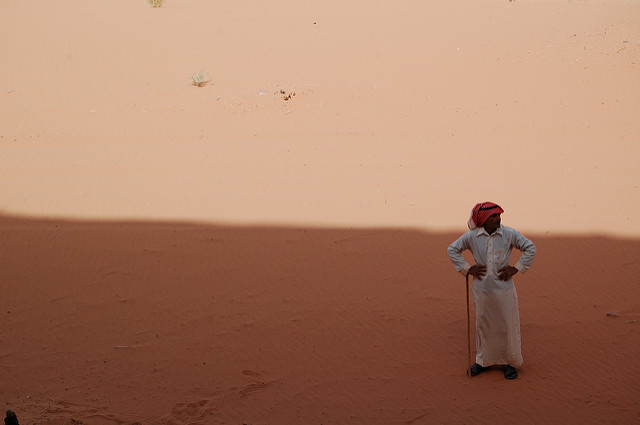
Jordan faces likelihood of much more frequent long and severe droughts
Jordan is among the world’s most water-poor nations, and a new, comprehensive analysis of regional drought and land-use changes in upstream Syria suggests the conditions could get significantly worse.
A new analysis of drought in Jordan – one of the world’s most water-poor countries – suggests that without alternate water sources, better land use and improved water-sharing agreements, the country could face a future of potentially disastrous droughts. The research, which was the first to analyze several types of drought and to take into account land use changes in upstream Syria, could inform water policies in other arid countries with shared rivers.
“Jordan’s ability to satisfy future urban and agricultural water demands will be stressed by cascading effects on its freshwater supply,” said study co-author Steven Gorelick, the Cyrus Fisher Tolman Professor in Stanford’s School of Earth, Energy & Environmental Sciences. “These impacts are from increasingly severe droughts and eventual agricultural land-use recovery in the aftermath of the Syrian civil war.”
Gorelick leads the Jordan Water Project, which is exploring water management and policy in Jordan with the hope of both improving water security in the water-poor nation and developing tools to improve water availability in other drought-prone regions. The recent paper, published August 30 in Science Advances, found that without significant changes, Jordan could face lower rainfall, much higher temperatures and as much as a 75 percent decline in water flowing into the country from Syria.
Read the full article by Rob Jordan via Stanford University.
[Photo by Global Water Partnership | Flickr]







